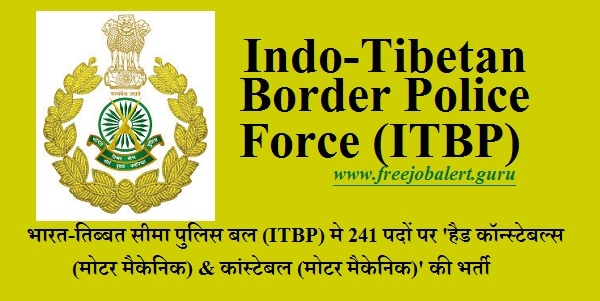The 'Grim Reaper's' tour continues

. I have to agree with him on the technology thing though....
Dominic Cummings to tour sensitive MoD sites amid defence review
PM’s adviser will visit SAS and Porton Down, and has been to MI5 and MI6, leaked email says
Dominic Cummings is to visit the SAS and four other of the Ministry of Defence’s most sensitive sites, a leaked email has revealed, at a time when the armed forces are battling to avoid swingeing cuts in an upcoming review.
MoD sources confirmed a personal tour had been organised for the prime minister’s chief adviser, which will also take in the specialist military research laboratories at Porton Down, Wiltshire.
According to an email seen by the Sydney Morning Herald, the Cummings tour will also cover the Special Boat Service, defence intelligence and the Rapid Capabilities Office, which is responsible for special project development. Cummings has visited MI5 and MI6, the domestic and foreign intelligence agencies, twice already, it said.
The idea is to showcase some of the MoD’s flagship operations to an adviser who has complained that military procurement “has continued to squander billions of pounds” and who has written in his personal blog of the potential for drone warfare.
The tour was deemed sufficiently important by Ben Wallace, the defence secretary, that he and his special adviser wanted to arrange its outline themselves before handing over to officials, according to the email.
“The secretary of state explicitly does not wish anyone to engage Number 10 or Dominic Cummings on this,” the email said. “It is for the [the minister’s special adviser] and the secretary of state to engage in the first instance before delegating to officials.”
It is understood Cummings’ clearance level was checked to ensure he was permitted to visit the national security sites on the list and to engage in open conversations with troops, researchers and intelligence specialists present.
Downing Street has restarted an integrated review of defence and foreign policy, which was delayed by the coronavirus crisis. It aims to look at the strategic objectives for the armed and security forces for the next five years and is intended to feed into the autumn spending round.
Over the weekend there was speculation that the armed forces faced significant cuts, including reducing the size of the army by nearly 20,000, to 55,000 personnel, but this was repeatedly denied by Wallace, who said the review process had hardly begun.
On Tuesday, the Conservative backbencher Mark Francois warned the head of the armed forces that Cummings would “sort you out”, after a lengthy complaint about the MoD’s procurement processes.
Speaking at the defence select committee, the influential Brexiter told Gen Sir Nick Carter, the chief of the defence staff: “Can we just make a plea to you. You are the professional head of the armed forces. Please nip back to the department and ask them to sort their bloody selves out, because if not, Cummings is going to come down there and sort you out his own way, and you won’t like it.”
Cummings’ status within government appears to have rapidly recovered after he endured intense criticism for travelling to and around County Durham with his family during lockdown.
His enthusiasm for the potential for military technology is well known. In March 2019, before he entered government, Cummings wrote: “A teenager will be able to deploy a drone from their smartphone to sink one of these multibillion-dollar platforms. Such a teenager could already take out the stage of a Downing Street photo op with a little imagination and initiative, as I wrote about years ago.”
https://www.theguardian.com/politics/2020/jul/08/dominic-cummings-to-tour-sensitive-mod-sites-amid-defence-review





